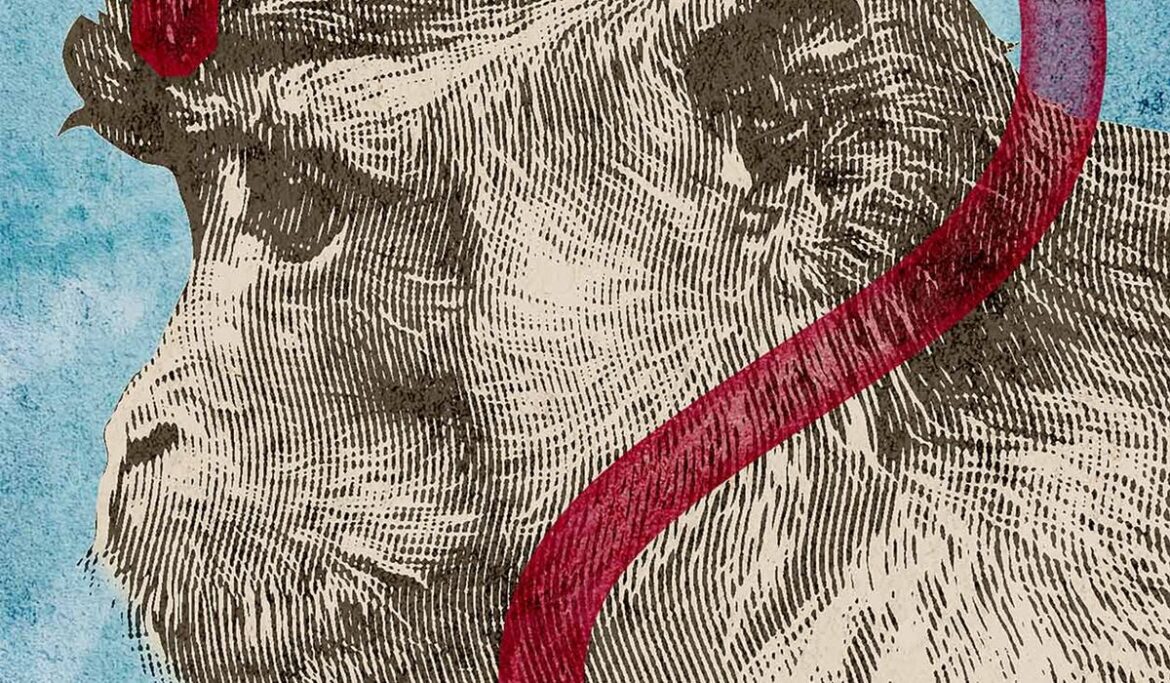OPINION:
A behind-the-scenes bureaucratic battle is pitting animal rights activists against advocates for patients. If the former group has its way, patients could suffer.
The groups are at loggerheads over the use of primates in drug research and development. Animal activists want the federal government to block imports of long-tailed macaques, the species most widely employed to research the safety and efficacy of promising drugs.
Drug development is a lengthy and complicated process. Synthesizing a potentially effective compound is just the first step. Next is investigating how the compound fares in rodents and other animals. If the drug proves safe and effective, clinical trials in humans follow. Assuming those succeed, drug developers can present their candidates for regulatory review.
Nonhuman primates play an especially important role in this process, despite making up less than 0.5% of animals used in medical research. Monkeys and humans share between 93% and 98% of their DNA and have strikingly similar brain anatomies and body systems. These similarities make primates important models for understanding how new drugs and vaccines will affect humans.
Nearly all of the 25 most-used prescription drugs, from atorvastatin for high cholesterol to levothyroxine for underactive thyroid, were researched in primates before undergoing trials in humans. Long-tailed macaques specifically played an essential role in the development of six of the 25 most-prescribed drugs.
Primate research was crucial to the record pace at which COVID-19 vaccines were developed in 2020. The revolutionary mRNA platform that is the basis for those vaccines — and it’s being reengineered to tackle malaria, HIV, tuberculosis and Zika — was developed thanks in part to animal trials. Government scientists continue to use primates and other animals for research into emergent biological threats.
Computer-based trial models are nowhere close to replicating the predictive qualities of research in primates. The National Academies of Sciences, Engineering and Medicine recently reiterated that “in several areas of biomedical research, nonhuman primates (NHPs) are regarded as the best available model to reproduce the human condition.”
Unfortunately, our domestic supply of primates, particularly long-tailed macaques, has not been able to keep up with demand from scientists. So they’ve had to look abroad for primates to continue their potentially lifesaving research.
That’s become harder in recent years. In 2020, China stopped exporting research primates. That decision caused a 20% drop in imports of long-tailed macaques.
Researchers have worked on sourcing long-tailed macaques from other countries, particularly Cambodia, which now accounts for around 60% of the market.
But earlier this year, federal agencies adopted new restrictions on imports of long-tailed macaques, even those from regulated overseas breeding facilities. This is leading to research delays that could have life-or-death consequences.
Animal activists, including People for the Ethical Treatment of Animals, have applauded these restrictions. PETA is petitioning the federal government to classify long-tailed macaques as endangered under the Endangered Species Act.
The petition relies heavily on a contentious decision by the International Union for Conservation of Nature last year to list long-tailed macaques as endangered. Many of the union’s claims are now being challenged.
If the federal government heeds PETA’s petition, an outright ban on the import of all long-tailed macaques — even those raised in regulated, humane breeding facilities around the world — would likely follow.
An extended shortage of long-tailed macaques could have dire consequences. Many of the nearly 15,000 drugs and vaccines currently in preclinical development may never make it to market.
With all the biomedical breakthroughs of the past few years, it’s easy to feel like biomedical innovation is a given. But those breakthroughs are the result of years of painstaking, expensive research, including with animal models.
Needlessly banning imports of animals employed in lifesaving medical research will ensure that patients desperate for new treatments and cures continue their arduous wait.
• Matthew Bailey is president of the Foundation for Biomedical Research (fbresearch.org).


